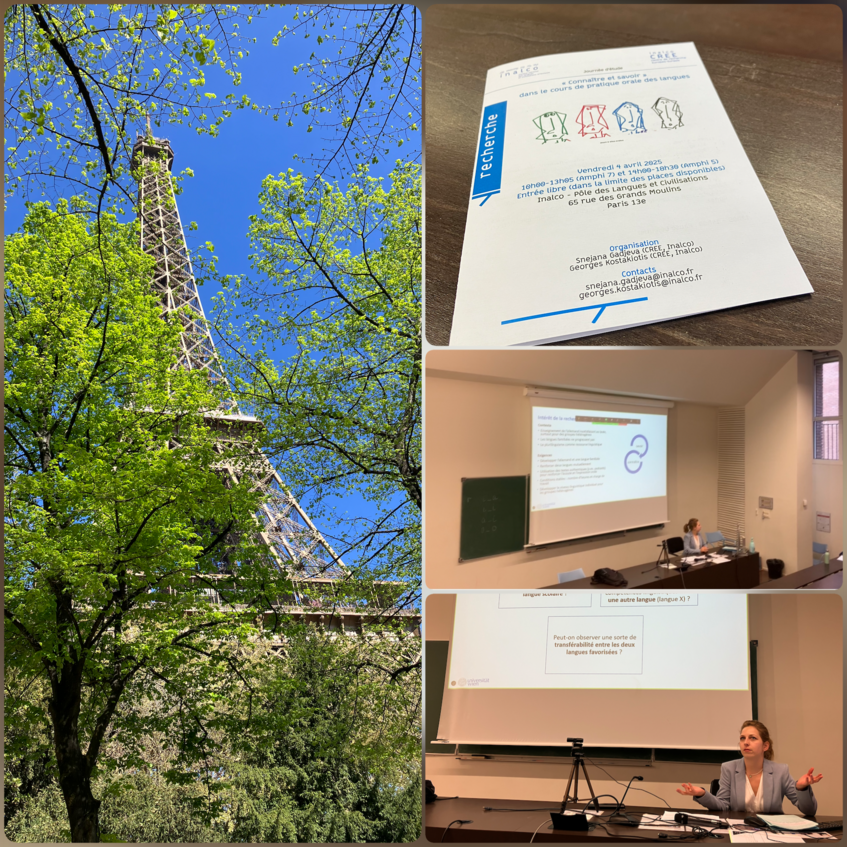Conference Travel Funding

Conference Travel Funding
Explore the World of Academic Exchange – With Support from the DSE
Presenting your research, connecting with leading scholars, and immersing yourself in global academic conversations – conference travel is an essential part of any doctoral journey.
The DSE is proud to support this key experience by offering funding opportunities for international conference participation. Whether you're delivering your first paper or presenting a poster, these moments spark new insights, collaborations, and career opportunities. We believe they matter – and we're here to help make them possible.
Please note: to be eligible for travel funding, you must (1) have completed the FöP (Fakultätsöffentliche Präsentation) as well as the annual progress reports if applicable and (2) present either a paper or a poster at the conference.
Applications are submitted via a simple form which you send via email to us – ready when you are!
Funding for Research Stays

Funding for Research Stays
Take Your Research Further – Funding Opportunities for Research Stays Abroad
Deep archival work, field research, data collection, or gathering essential materials – extended research stays are often a vital part of the dissertation process. To support these important phases of your doctoral journey, the DSE offers funding for research stays abroad.
Whether you're conducting interviews, exploring historical sources, or collecting data in the field, these experiences can significantly enrich your project and shape your scholarly perspective. We’re here to help you make the most of them.
To apply for funding, you must have completed the FöP (Fakultätsöffentliche Präsentation) and submit the annual progress reports, if applicable. Applications are submitted via a simple form you email to us – your next research destination might be just a few clicks away!
A report of one of our Fellows, Isabel Zins:
I was invited to return to Paris and present at a conference on teaching oral skills in language courses, held at INALCO Paris. The event brought together researchers and educators to exchange ideas on fostering oral competence in diverse language classrooms.
My talk focused on how regular podcast listening, combined with reflective listening logs, can enhance vocabulary development, grammatical precision, and metalinguistic awareness, especially among multilingual and heritage language learners. Other presentations covered topics such as developing oral skills in Hungarian language classrooms and strategies for performative interpretation in Taiwanese language teaching.
This opportunity of presenting was made possible thanks to the support of the Doctoral School in Education at the University of Vienna which allowed me to undertake a research stay beforehand in Paris. It provided a valuable platform for exchanging knowledge, fostering international collaboration in language education, and offering the chance to network, discuss new collaborations, and explore future projects.

